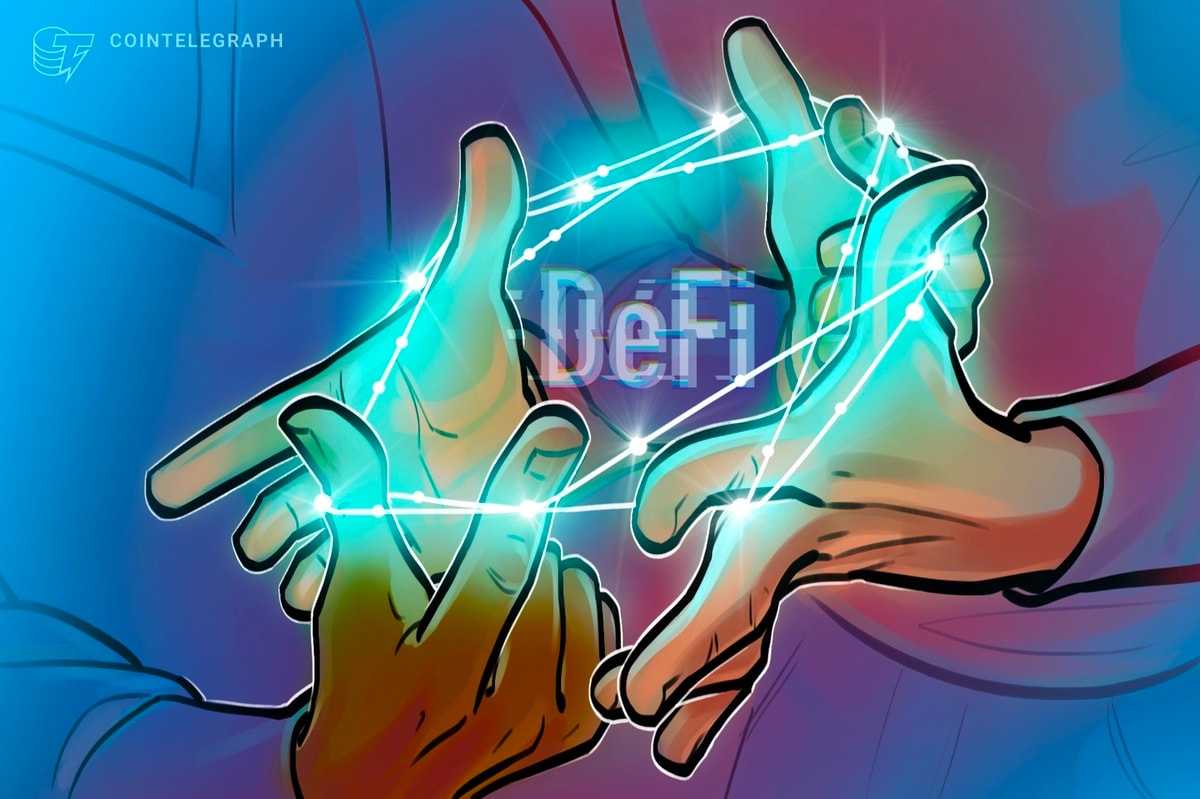The mining pool behind an attempted 51% attack on Monero is reportedly under a distributed denial-of-service (DDoS) attack, disrupting the effectiveness of the takeover attempt.
In a Sunday X post, Sergey Ivancheglo — who claims responsibility for the network attack — said the Qubic mining pool he controls is under a DDoS attack. He added that the attack resulted in the attacking pool’s hashrate falling from 2.6 gigahashes per second down to 0.8 GH/s.
One user questioned whether a DDoS is a sustainable response to the attack on Monero, and asked Ivancheglo for an estimate of its cost. Ivancheglo said it has no cost due to presumed control over the Monero-mining malware network by the attackers. “Zero cost, if you already have a botnet to mine Monero. So we are building protection assuming they can do it indefinitely,“ he said.
A DDoS attack floods a target with traffic from multiple sources, overwhelming it and making it inaccessible. Those attacks are often conducted through malware-controlled infected computer networks called botnets.
Related: Monero likely pumped 50% due to suspected $330M Bitcoin theft: ZachXBT
Unlikely that Qubic mining pool under DDoS attack
On Monday, Ivancheglo claimed in another X post that “Qubic is under DDoS attack from Monero” and said the attack had lasted six hours. He also said his team had implemented protections to mitigate the disruption.
“Let’s see what those desperate guys will manage to break this time,” he said.
Cointelegraph verified that direct queries to the Qubic mining pool returned an average response time of 0.188 seconds across three endpoints, with no dropped requests. Considering that traffic was routed through a virtual private network server, this falls within normal operational limits and does not suggest ongoing DDoS attacks.
MiningPoolStats data shows Qubic as the last mining pool with no hashrate, after it stopped reporting its hashrate on July 30. Still, Qubic’s hashrate tracking service claims that its intermittent mining sees peaks at 1.6 GH/s when the network’s intermittent mining operation switches to Monero (XMR).
XMRig developer accused of coordinating DDoS
Ivancheglo shared his suspicions that the developer of Monero mining software XMRig had “orchestrated the attacks.” In a screenshot of a Reddit comment verified by Cointelegraph, developer Sergei Chernykh talked about a “solution” when responding to a user comment referring to threats posed by actors in the illegal market who depend on Monero for anonymous transactions.
Monero is known for its privacy-first feature set and strong focus on anonymity. Due to its emphasis on anonymity, it has become particularly popular as a currency used to pay for illegal goods and services on the so-called deep web and is reportedly accepted by nearly half of all black markets.
In other screenshots from what appears to be Discord and could not be verified by Cointelegraph, Chernykh purportedly discusses the upcoming start of an attack. He is also the author of the top comment on the now-deleted Reddit post with the title “Praise that XMRig dev:”
“He blaimed the alleged DDoS attack on me, which is a defamation, because I didn’t do it. It’s not like I’m the only person in the Monero community who is not happy with what they’re trying to do. But I would never resort to illegal methods like DDoS. Other people might.”
Related: Japanese authorities trace Monero, arrest 18 in $670K laundering case
Monero network faces takeover threat
As Cointelegraph previously reported, the Qubic network is using its hashrate and economic incentives to attempt a network takeover on Monero. After seeing its Monero mining pool quickly rise to become the largest, Qubic saw its market share decline soon after the community became aware of the openly disclosed plan to attack the network.
The Monero mined by Qubic is used to fund token burns and buybacks for the Qubic ecosystem, where miners are paid in Qubic tokens. According to the project, mining Qubic is currently more profitable than mining Monero.
Ivancheglo, who also founded crypto projects NXT and Iota, has openly admitted that his operation was an attempted a takeover of the Monero network. In an X post, he said that after getting control of most of the network’s hashrate, his pool would reject blocks mined by other pools — effectively centralizing the network into a single pool.
Magazine: Coinbase hack shows the law probably won’t protect you: Here’s why


